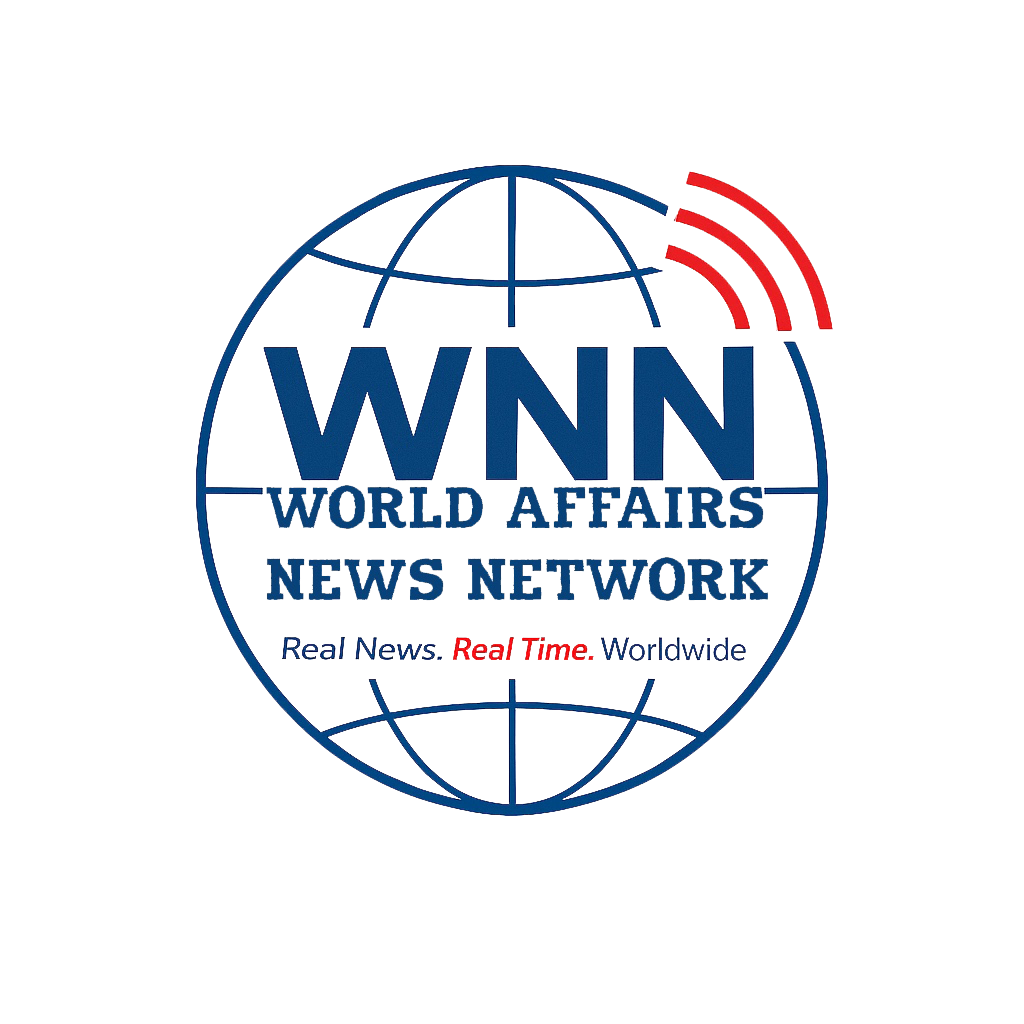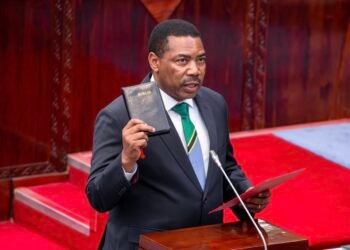NEW YORK: At the United Nations on Friday night, Iranian Foreign Minister Abbas Araghchi delivered one of his most forceful defenses of Tehran’s nuclear stance, directly confronting Western skepticism and Israeli pressure. His message was carefully crafted: Iran is not evading oversight, but cooperating transparently with international institutions. The politics, he suggested, lie elsewhere.
“The IAEA inspectors are in Iran right now doing their job. This is not a claim, it is a fact,” Araghchi told reporters, dismissing French assertions earlier in the day that inspectors were absent. His words were measured yet deliberate, aimed at sealing off speculation that Tehran was blocking access.
He reminded the press that he had “signed an agreement with the agency in Cairo” and emphasized that “the director general of the agency is very happy and satisfied.” For seasoned diplomats, this was no throwaway line. Observers noted that Araghchi’s choice of words was intentional: Iran was showcasing its cooperation with the International Atomic Energy Agency (IAEA) and reframing the nuclear debate as a technical matter, not a political one. “We are working with the agency transparently,” he added. “Those who suggest otherwise are politicizing what should remain a technical matter.”
But the stakes extend beyond inspections. Araghchi turned directly to the threat of renewed sanctions, warning that any attempt to reimpose them would be “legally void.” He declared, “I have asked the UN Secretary General to stop attempts to enact them. Sanctions are not tools of justice, they are tools of pressure. Reviving them would undermine international law itself.” This was more than legal argument; it was a bid to lock Iran’s case into the legitimacy of the UN framework, casting unilateral or Western-led initiatives as illegitimate.
His comments came as a direct rejoinder to Israeli Prime Minister Benjamin Netanyahu, who had urged the UN earlier in the day to restore sanctions. Araghchi’s counterpunch was unambiguous, framing Israel as a destabilizing actor. “It is sad that some people, especially the Israeli government, are once again trying to get the rest of the world involved in conflict and instability,” he declared. “Their goal is clear: to undermine diplomacy and start more wars in our area. This is not the path of peace, but of destruction.”
France, which initially cast doubt on whether inspectors were on the ground, shifted its position slightly after the briefing but kept its caution intact. A French mission spokesperson said Paris “takes note” of Iran’s assurances but insisted that “words must be backed by verified access and full transparency.” Analysts described this as classic European hedging: unwilling to dismiss Tehran’s claims, but equally reluctant to lend support without verifiable guarantees.
Israel, by contrast, rejected Araghchi’s assurances outright. Netanyahu’s office called Iran’s “so-called cooperation” a façade. “The world must not be fooled by Tehran’s tricks,” the statement said, pressing the Security Council to restore sanctions “before it is too late.” Israel’s narrative was consistent and uncompromising: inspections are insufficient, and Iran’s nuclear program poses an existential threat.
The U.S. response reflected both skepticism and restraint. “The United States is still very worried about Iran’s nuclear path,” a senior State Department official said, confirming that consultations with European partners were underway on “appropriate diplomatic and economic measures.” While Washington did not endorse Netanyahu’s call for immediate sanctions, it left the door open if violations emerged. This stance underscored America’s balancing act: skeptical of Iran, but cautious about fully aligning with Israel’s urgency.
The diplomatic stakes could not be higher. Araghchi’s press conference revealed Iran’s twin-track strategy: project compliance with international institutions while discrediting Western and Israeli pressure as illegitimate. By invoking the IAEA director general’s “satisfaction,” Tehran sought to shift the narrative away from confrontation and back to oversight. “This is not about politics,” Araghchi insisted. “It is about the agency doing its work. Iran is committed to its obligations.”
Yet the reactions underscored the deep divisions. France’s skepticism, America’s cautious alignment, and Israel’s outright rejection reflected the widening gulf between technical verification and geopolitical distrust. The nuclear debate remains less about the presence of inspectors and more about the broader contest over power, credibility, and narrative control.
For Iran, the UN stage was never about convincing France or Israel. It was about ensuring that the institutional machinery, the IAEA and the Secretary General—remains a protective buffer against renewed sanctions. That is why Araghchi’s repeated line, “The IAEA inspectors are right now in Iran doing their job”, was more than just a factual statement. It was a calculated attempt to anchor the debate in institutional legitimacy rather than in the shifting terrain of power politics.
-Dr. Shahid Siddiqui from New York. Follow X @shahidsiddiqui for updates.



















